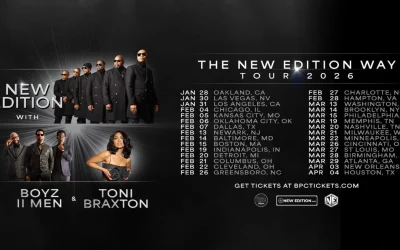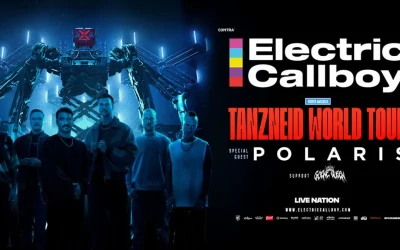Dead & Company’s upcoming 60th-anniversary concerts in Golden Gate Park are drawing more than crowds. A vocal contingent of Deadheads is urging fans to stay home, blasting what they call “corporate overreach” by Ticketmaster and eye-popping prices that start at $635 for a three-day general-admission pass and soar to $6,300 for an all-inclusive “Golden Road” VIP experience.
In many instances, tickets available through resale marketplace alternatives are notably cheaper than Ticketmaster.
“Straight-up mockery of the original magic”
Fans say Ticketmaster’s virtual queue—some waited behind more than 10,000 other shoppers—plus service fees and transfer restrictions betray the counter-culture spirit of the Grateful Dead. “This whole thing is just a big money grab, a real ‘ *—expletive— *you’ to the fans,” longtime follower Chuck Schwartz told The San Francisco Standard. “Jerry is rolling over in his grave.”
John Zirinsky, 41, echoed that frustration, arguing that Ticketmaster’s dominance “killed the vibe” by turning a communal rite into a luxury event. Some fans said they plan to descend on San Francisco for satellite celebrations—Shakedown Street vendor fairs, bar crawls, and tribute sets—but skip the main shows entirely.
Promoter Another Planet Entertainment said it expects roughly 60,000 people each day, with Billy Strings, Sturgill Simpson (performing as Johnny Blue Skies) and Trey Anastasio Band opening Aug. 1–3. Hotel occupancy is already spiking, and city officials predict an economic windfall on par with the $31 million the group’s 2023 Oracle Park run generated.
Ticket Deals on Resale Platforms
Tickets for Dead and Company’s celebration in San Francisco on resale marketplaces are currently going for less than Ticketmaster’s rates – likely due at least in part to price floors put in place on that platform by the band and its management. Price floors were similarly in place for Dead & Company shows at Sphere to eliminate potential pricing competition from fans seeking to resell tickets back through the platform if they could not attend.
On Ticket Club, membership pricing starts at $296 for a 3-day pass to Dead & Company at Golden Gate Park as of Tuesday afternoon. The least expensive pair was $315 each, which means two people could get tickets there for $630, while a pair after fees on the “official” marketplace would cost almost double – $1,215.


Single-day Dead & Company tickets at Ticket Club start at $155 for Friday’s show featuring Billy Strings, $178 for Saturday’s show featuring Sturgill Simpson, and $124 for Sunday’s show featuring Trey Anastasio Band. The general admission prices for those same tickets at Ticketmaster: $245 for any of the three dates.
Ticket Club does have discounted pricing for its members, but the price advantage for resale marketplaces compared to Ticketmaster is consistent even on more “standard” resale websites. StubHub, Vivid Seats, ScoreBig and MEGASeats all had vast amounts of tickets available at below the asking price from the box office as of Tuesday morning.
Nostalgia for mail-order miracles
Veteran Deadheads note that the original band capped ticket prices at $35—about $63 today—and often staged free park concerts. In the pre-internet era, fans mailed color-splashed envelopes in hopes of “miracle” tickets; now, many are opening Klarna payment plans to finance entry.
Michelle Rajotte, who has followed the Dead since the early ’80s, called rumors of a free anniversary show “wishful thinking” before labeling the final price tiers “a cash grab again.” Still, she scraped together funds: “Life is short, and it’s one of the things that makes me the happiest.”
What it means for ticketing
Bruce Springsteen faced familiar backlash over the agressive use of Ticketmaster’s pricing and gatekeeping practices during the sales process for his 2023 North American tour. While the Boss defended the practice, his fandom decried it as a betrayal of his longtime persona and the artist-fan relationship. Backstreets – a fan zine published for more than 40 years – halted publication in response to the mess and sales were so poor for some shows that price floors were put in place similar to what we’ve seen of late with Dead & Company, and others were later postponed, though the rock legend’s health was cited as the official reason.
The backlash underscores a broader challenge for Ticketmaster and its parent Live Nation: legacy acts with deeply loyal fanbases can turn pricing, fees, and transfer limits into public-relations flashpoints. With regulators already scrutinizing Live Nation’s market power, the optics of Deadheads boycotting a hometown farewell could become another data point in ongoing antitrust debates.




